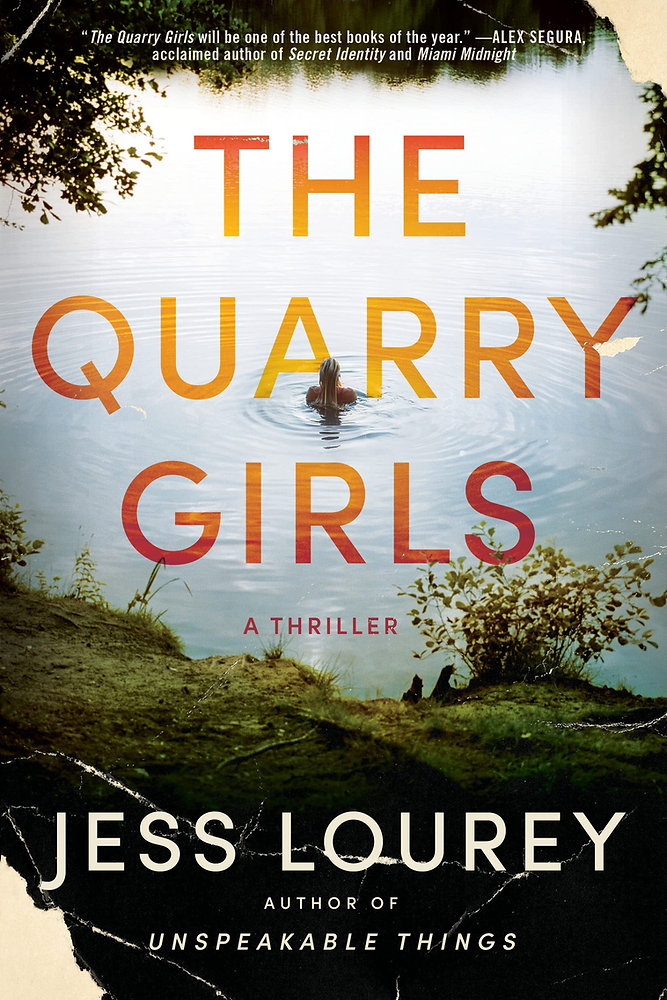Last week, I started reading The Quarry Girls by Jess Lourey. I bought this book after Bree, on the sadly abandoned podcast, Among the Dirt and Trees, mentioned it in one of her episodes. (Bree, if you read this, I would love more of the podcast!)
Anywho.
While I am enjoying the story, I somehow stepped into a bit of a reading slump this past week. I don’t know how this happened, because I was hitting a pretty good stride where I was reading a lot more and a lot faster than I had been.
Alas.
Regardless of my recent irregular reading patterns, I’m enjoying this book for a few different reasons.
First of all, there is a young adult element. I don’t think it’s meant to be a young adult book as it’s labeled a thriller on the cover, but the main protagonist is a teenaged girl living in 1970s Minnesota during a time when serial killers seemed to run rampant. Lourey writes in her author’s note that this period was a precarious time for the teenaged experience as she spent part of her formative years in Saint Cloud where three killers were active during her time there. She said the book is in part due to “[making] sense of my childhood, to help me understand the fear in my community and in my home.”
Which brings me to the next aspect of this book that I appreciate: using the backdrop of one’s childhood to frame a fictional story and to, by extension, try to make sense of what we could not in the past. Unlike Lourey, I did not grow up in an area with three serial killers on the loose. My first experience with violent murder came through media reports of JonBenét Ramsey’s death. I know, I know. Everyone talks about this one being their entryway to true crime. But I was six at the time, the same age she had been, and my young, tender brain tried very hard to grapple with what news anchors were saying happened to her and how something like that could happen to me—a little white blonde girl. She was in pageants; I was in dance. You can see how I would relate, however superficially.
I began to perceive my life experience through the grainy, faded lens of mystery. I became fascinated with what went on in the dark, behind closed doors. That sounds sick, doesn’t it? I didn’t, and don’t, find it pleasurable, but I did, and do, find it curious—how people can do such unhappy things to each other, how some people do actually take pleasure in it. What makes the mind tip in that direction? And how frustrating the answer can be sometimes—how sometimes people are just evil, but sometimes people simply make bad choices.
So I am often drawn to books like this because they reflect my own experiences. I do not live, and never have lived, a Hallmark movie kind of existence. To me, only really lucky, fortunate people grow up without witnessing the violent undertones of daily life, and even then I’m not sure anyone ever escapes it. Innocence always has its time in the sun, but sooner or later it gets burned. Loss of innocence is a thematic right of passage in our society because it is so prevalent in our personal histories. At a certain stage, it becomes harder and harder to negate the darker aspects of life.
Our pasts are often riddled with little, if not significant, traumas. While I currently live a fairly laidback, agreeable lifestyle it doesn’t mean I forget those disquieting instances. Rather, the way I live now is in response to them. Perhaps my life is one big cop-out, but I like to think of it a little more gently. Because some people wake up and actually choose violence.

